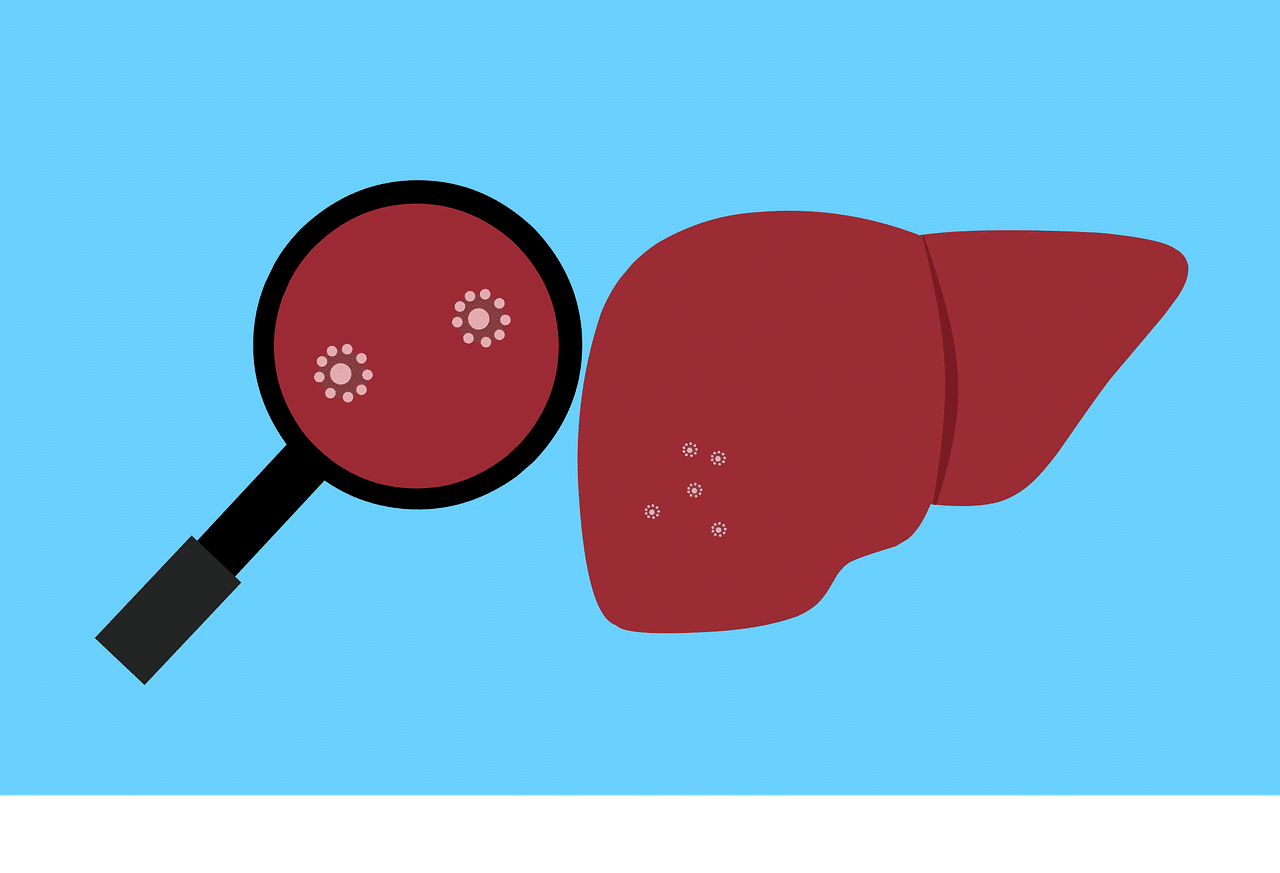Recently, Chipscreen Biosciences Co., Ltd, which is a company that develops and specializes in medications that are based on small molecules, announced that its latest product, the Chidamide or Epidaza, has received approval for marketing in the second indication from the National Medical Products Administration.
The Epidaza is an oral subtype-selective histone deacetylase (HDAC) inhibitor. In its clinical trials in China, it has been approved and used for conditions such as refractory peripheral T cell lymphoma. Now, Epidaza will be used with an aromatase inhibitor in postmenopausal patients with hormone receptor (HR)-positive and HER2-negative advanced breast cancer stage which has been treated by endocrine therapies for recurrence or progression.
In accordance with the statistics, breast cancer is the most common form of cancer that affects women in the world and specifically China. There was a two percent increase in the number of breast cancer diagnoses in China in 2017 with approximately 279,000 detected.
Consequently, the number of deaths as a result of breast cancer has also increased with sixty-nine thousand and five hundred deaths per year. This figure also makes breast cancer the number one cause of death in women who are under the age of forty-five in China.
Globally, the figures are the same with breast cancer deaths accounting for fifteen percent of the total deaths in women. Around 2.1 million women globally have some form of breast cancer. The World Health Organization reports that the numbers are increasing in every region of the world.
Read also: “Seno Medical” Partners With “Know Your Lemons For Breast Cancer Awareness
Among all other types, Estrogen receptor-positive breast cancer is the most prevalent one. Women in about seventy percent of the cases are diagnosed with this particular form of tumor-growth. The most common treatment for Estrogen receptor-positive breast cancer is endocrine therapy. Though endocrine therapy works in many cases, there are some concerns regarding the follow-up treatment.
At the moment, one of the biggest concerns with endocrine treatment for breast cancer is the development of drug resistance especially in cases of recurrent or progressive disease. Developing a new treatment that overcomes the issue of drug resistance is, therefore, important for clinicians.
Recurring tumors and drug resistance are associated with epigenetic abnormalities. Research shows that they are a common biological reason for a number of different forms of cancers. Epidaza is a selective HDAC inhibitor that may successfully overcome drug resistance, metastasis of cancer, and immune escape.
Epidaza has been used for the treatment of patients with advanced, hormone-receptor-positive breast cancer with minimal side effects and progression-free results with exemestane in the randomized, double-blind phase 3 clinical trial (ACE study).
The research is the first to prove how the addition of Chidamide in the treatment for cancerous tumors is beneficial and is hence a new medical breakthrough. Currently, Chidamide is also the only epigenetic modulator which is used in the treatment of growth of tumors at a global level.
The new discovery of Chidamide can not only be useful for breast cancer but also for the treatment of other types of cancers in the body especially the ones which have become drug-resistant and are difficult to remove from the body.


